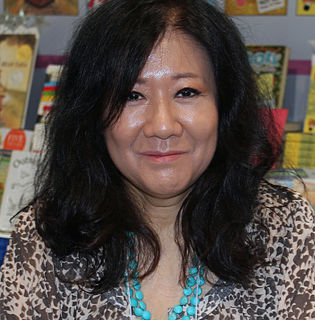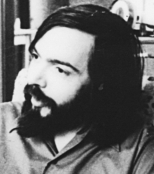A Quote by Julian Barnes
Well, to be honest I think I tell less truth when I write journalism than when I write fiction.
Related Quotes
A lot of the people involved in the media are very serious, honest people, and they will tell you, and I think they are right, that they are not being forced to write anything... What they don't tell you, and are maybe unaware of, is that they are allowed to write freely because their beliefs conform to the... standard doctrinal system, and then, yes, they are allowed to write freely and are not coerced.
I write fiction longhand. That's not so much about rejecting technology as being unable to write fiction on a computer for some reason. I don't think I would write it on a typewriter either. I write in a very blind gut instinctive way. It just doesn't feel right. There's a physical connection. And then in nonfiction that's not the case at all. I can't even imagine writing nonfiction by hand.
My cure for writer's block is to step away from the thing I'm stuck on, usually a novel, and write something totally different. Besides fiction, I write poetry, screenplays, essays and journalism. It's usually not the writing itself that I'm stuck on, but thing I'm trying to write. So I often have four or five things going at once.
I started writing by doing small related things but not the thing itself, circling it and getting closer. I had no idea how to write fiction. So I did journalism because there were rules I could learn. You can teach someone to write a news story. They might not write a great one, but you can teach that pretty easily.
I don't know why I write. The honest answer is that I don't have an answer. I wouldn't die if I couldn't write fiction. Actually keel over and die - it's unlikely. But quite quickly writing has come to feel like the only thing I really know how to do. And I go a bit stir crazy if I don't write more or less every day. But that makes writing sound like a mood-regulator, a way to regulate anxiety or depression, and it doesn't really come down to that.






































